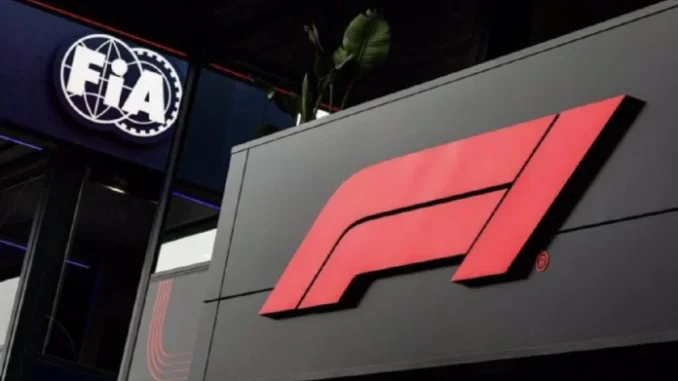
Yesterday, the F1 Commission met in Geneva, chaired by Nikolas Tombazis, the head of the FIA’s single-seater division, and Stefano Domenicali for FOM. Several topics were discussed, but the meeting was highly anticipated regarding potential changes to the technical regulations for the second-generation Power Units, which will debut next year. The manufacturers are facing some technical challenges, as we know.
Mercedes Opposes
However, the financial regulations that impose a spending cap may make it even more difficult for the engine manufacturers who have designed less performant units or ones with major reliability issues. The teams reached a basic agreement, under which manufacturers who are clearly behind technologically will be allowed to use additional testing hours.
Moreover, there will be more flexibility regarding the spending cap for the development of the 2026 power units. This exemption will be granted to Power Unit manufacturers regardless of the team’s performance. Technological delays will not be assessed based on the teams’ results, but instead using specific parameters of the new power units.
Toto Wolff, co-owner and team principal of Mercedes
Regarding potential changes to the architecture of the new engines, there is still considerable distance between the various manufacturers. The possibility of having a different power split between the internal combustion engine and the electric component during qualifying and the race has been discussed. However, Mercedes and Audi have firmly opposed this, stating that they do not wish to challenge the current technical regulations.
Following this latest meeting between the parties, the general feeling is quite clear: the exemption in terms of hours and budget, which can be spent by manufacturers with a significant technological gap, represents the only concession that the German engine manufacturers are willing to give to their competitors, without questioning the regulatory framework.
Double Pit Stop in Monaco and Spark Problems
In addition to the second-generation Power Units, other less critical but more immediate issues were discussed. The obligation for two pit stops in the upcoming Monaco Grand Prix was confirmed. This is an attempt to liven up a historically boring race and prevent, for example, a red flag in the early laps from allowing teams to avoid the requirement to use two different tire compounds.
Charles Leclerc (Scuderia Ferrari) celebrates winning the 2024 Monaco Grand Prix
In terms of the current season, a modification was approved regarding the optional use of cooling vests by drivers. A protocol was also approved for managing potential logistical issues, such as delays in the transportation of team materials during back-to-back races outside Europe.
This issue recently occurred when the teams’ goods were transferred from Melbourne to Shanghai. This situation forced the FIA to reduce the curfew hours for the teams, allowing the team personnel to make up for the significant flight delays.
Charles Leclerc (Ferrari) in the SF-25 at the 2025 Japanese Grand Prix
Another topic discussed by the commission concerns the sparks produced by the contact between the asphalt and the skid blocks, which caused significant problems during the Japanese Grand Prix weekend. During qualifying, the trackside grass caught fire several times, forcing race control to neutralize the sessions by waving the red flag. One potential solution is to replace titanium with steel.
Financial Aid for New Entrants
A review of the capital expenditure (CapEx) allocation for new entrants, such as Cadillac, was also approved. CapEx refers to non-recurring investments made by a company to acquire, maintain, or improve its long-term assets, such as buildings, machinery, and equipment.
This unexpected assistance for new entrants could encourage new teams to join the F1 grid, with the current Concorde Agreement setting a maximum of twelve teams allowed to register for the championship.
Leave a Reply